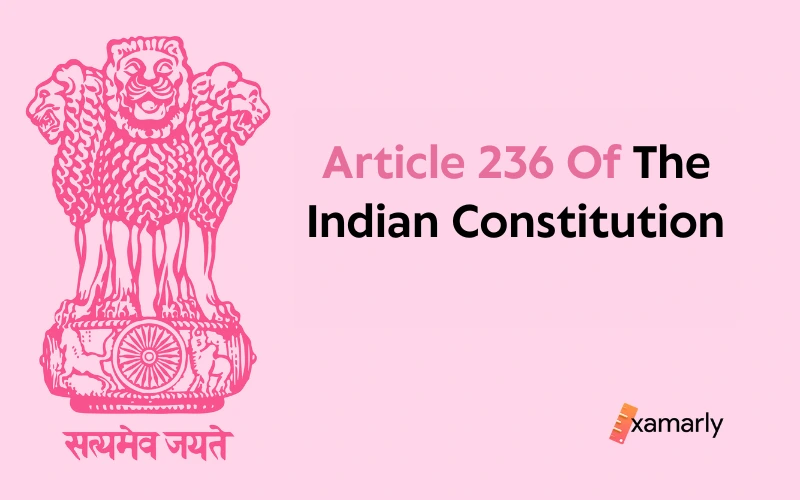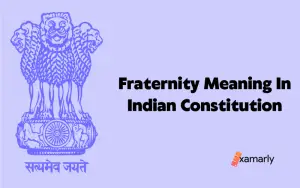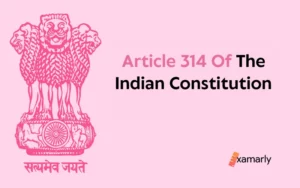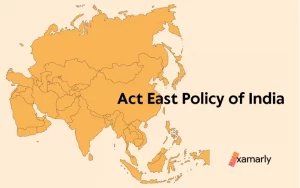Interpretation is a subject covered in Article 236 of the Indian Constitution. Within the aforesaid Article, the terms “district judge” and “judicial service” were given their respective definitions.
The judges who preside over the District Courts in their various jurisdictions are known as District Judges. They are appointed to their positions by the Governor of the respective state, at the suggestion of the Chief Justice of the High Court of Justice in that state. The authority of the District Judges extends to both the civil and criminal cases that occur under their jurisdiction.
Article 236 is outlined in Chapter VI of Part VI of the Constitution. The forenamed Chapter centers around the Subordinate Courts.
Taking into account the requirements of the IAS Exam, this post will discuss the provisions of Article 236.
What Is Article 236 Of The Indian Constitution?
In this chapter –
- (a) The term “district judge” encompasses city civil court judges, additional district judges, joint district judges, assistant district judges, chief judges of small cause courts, chief presidency magistrates, additional chief presidency magistrates, sessions judges, additional sessions judges, and assistant sessions judges;
- (b) The term “judicial service” refers only to those who are being considered for positions as district judges and other civil judicial posts below the rank of the post of district judge.
District Judge
The judges who preside over the District Courts in their respective jurisdictions are noted as District Judges. The appointment of the district judge is made by the governor of the state, on the recommendation of the chief justice of the highest court in the state. The amount of work that has to be done may necessitate the appointment of some more district judges and assistant district judges in addition to the judge assigned to the district court.
High Court has control over district court as per Article 235 of the Constitution of India.
When sitting over a district court in a city that the state government has designated as a “Metropolitan region,” the district judge is also referred to as a “Metropolitan session judge.”
Winding Up
In Article 236, the terms “district judge” and “judicial service” were given their respective definitions.
In the interest of further readings:
| Article 238 Of The Indian Constitution | Article 218 Of The Indian Constitution |
| Advisory Jurisdiction Of Supreme Court | Article 370 Advantages And Disadvantages |
FAQs
What Is Judicial Service?
The term “judicial service” refers to individuals who are solely responsible for filling the position of district judge and other civil judicial positions that are beneath the post of district judge.
Who Are District Judges?
District Judges are identified as the judges who oversee the District Courts in their respective jurisdictions. District judges, additional district judges, chief judges of small cause courts, sessions judges, etc are all included within the definition of the phrase “district judge.”
What Article 236 Of The Constitution Of India Deals With?
The definitions of “district judge” and “judicial service” are provided in Article 236.






